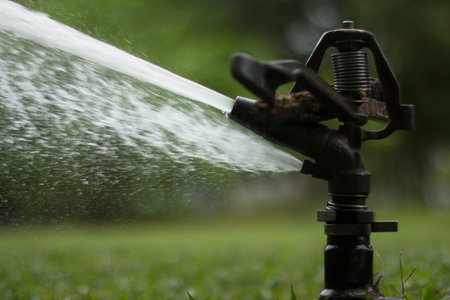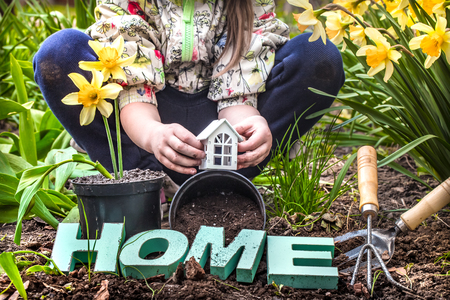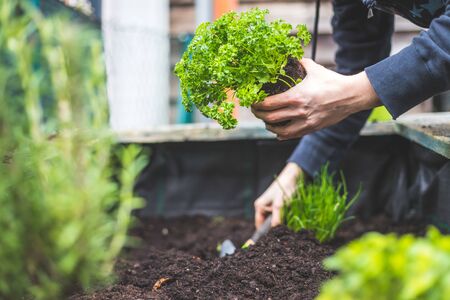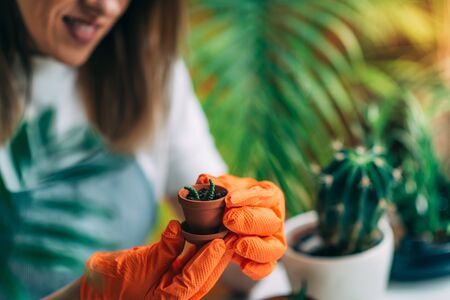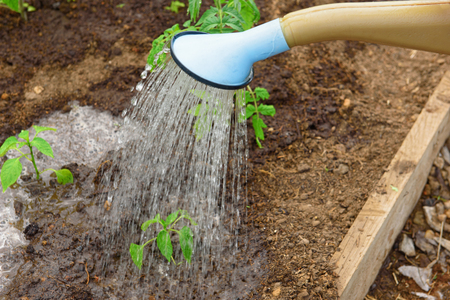Gardening with a Conscience: The Environmental Impact of Garden Waste and How to Minimise It
Understanding Garden Waste in the UKWhen we think of gardening, images of lush lawns, vibrant borders, and fragrant hedges often spring to mind. Yet, behind every beautiful British garden lies a less celebrated byproduct: garden waste. In the UK, this term refers to any organic material generated as a result of maintaining outdoor spaces. Typically,…



